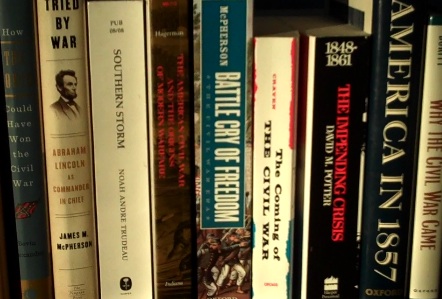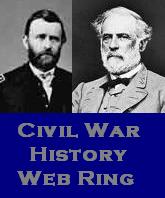Jomini on the Nature of War – Part I – Introduction

Baron Antoine-Henri de Jomini
I’d like to begin a series of posts on Baron Antoine-Henri de Jomini. I had the opportunity to study Jomini along with other military strategists in a previous course, Great Military Philosophers which you can read more about on the courses page here, and wanted to come back to that material to dive in a bit deeper in. Why Jomini you might ask and what has he to do with the American Civil War? John Shy, in an excellent essay on Jomini that appears in one of my favorite books, Makers of Modern Strategy from Machieavelli to the Nuclear Age, wrote that “three names that stand out in the formative period of modern military thought: Napoleon, Clausewitz, and Jomini.”[i]

Napoleon

Clausewitz

Jomini
Everyone has heard of Napoleon. Many familiar with history have heard of the Prussian Carl von Clausevitz. But Jomini remains largely unknown outside of the military. And yet, Shy contends, Jomini’s “influence on both military theory and popular conceptions of warfare has been enormous.” [ii] His theories were known by militarists in many countries and certainly in the United States both before, during and after the American Civil War. More to come…
[i], [ii] John Shy, “Jomini,” in Makers of Modern Strategy from Machiavelli to the Nuclear Age, ed. Peter Paret (Princeton: Princeton University Press, 1986), 144.
Photos are in the public domain. Source: Wiki commons.
Written by Rene Tyree
February 19, 2008 at 1:27 am
Posted in Books, Civil War, John Shy, Jomini, Military Philosophy, Peter Paret
Tagged with American Civil War, AMU, Baron Antoine-Henri de Jomini, Civil War, Clausewitz, Jomini, Makers of Modern Strategy from Machieavelli to the Nucl, Military Philosophy, military strategy, Napoleon, On War, Peter Paret, The Nature of War
2 Responses
Subscribe to comments with RSS.















































[…] in the United States (Clausewitz usually gets all the glory), as well as a series of entries (click here for the first part) discussing said Distinguished Military Thinker. Go have a look. Filed […]
The Rose Roll of Blogs, Part 1 « The History Man
June 20, 2008 at 7:33 am
According to Clausewitz On War, policy will instigate military actions and events and at the same time, policy can inhibit them. In other words, politics and policy give rise to war, fall to war, and modifies it as it sees fit. I believe Clausewitz’s focus on the political and strategic level of war is what gets him the attention you mention. In argurment, Jomini also recognized the importance of political objectives in war; however, he concentrated his theories to the practicality of the operational level of war with a forte in the ability to link tactics to strategy. For Tactical and operational leaders this gives Jomini the glory
Ray Gonzalez
April 5, 2010 at 10:32 am